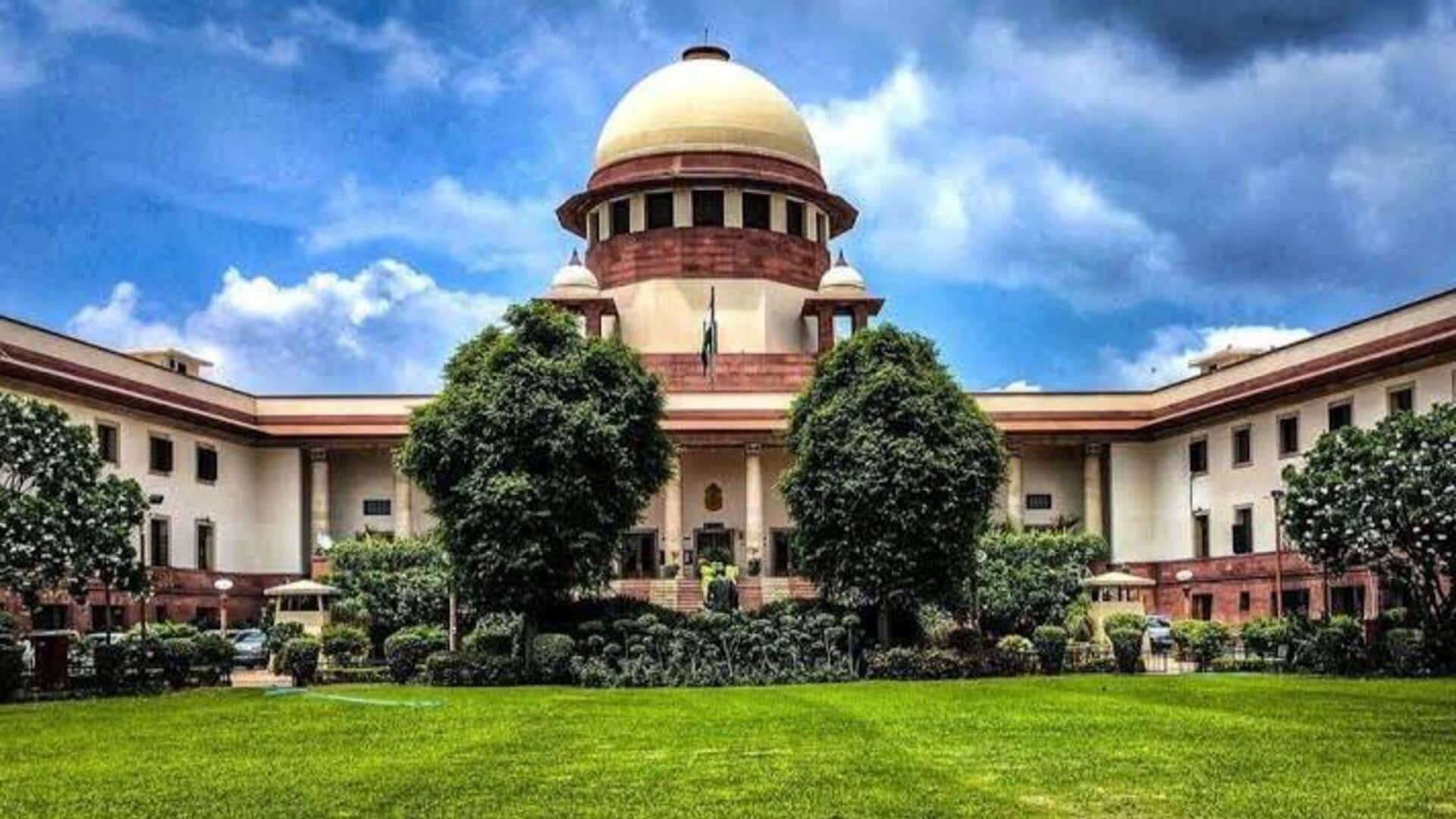
Supreme Court stays key provisions of Waqf (Amendment) Act
What's the story
The Supreme Court has temporarily stayed certain provisions of the Waqf (Amendment) Act, 2025. The decision was announced by a bench headed by Chief Justice of India (CJI) BR Gavai and Justice Augustine George Masih. The court stayed specific provisions until petitions challenging the amendment's validity are decided. Notably, it did not stay the entire amendment but focused on select sections.
Provisions stayed
Key provisions stayed by court
The court stayed the provision mandating a person to be a practicing Muslim for five years before dedicating property as waqf. The court said this provision has been stayed till states frame rules for providing a mechanism to determine the question of whether a person has been practicing Islam for five years or more. "Without such a mechanism, the provision will lead to an 'arbitrary exercise of power'," the court observed.
Others
Only 2 non-Muslim members should be on waqf board
It also stayed provisions empowering the Collector to adjudicate personal citizens' rights, which the court said would violate separation of powers. Furthermore, for the time being, only three non-Muslim members should be on the waqf board, and no more than four non-Muslims should be on the waqf councils, the court said. However, the court refused to stay the requirement for waqf property registration. CJI Gavai clarified that registration has existed since 1995 and isn't a new provision.
Act background
Lok Sabha, Rajya Sabha passed bill in April 2023
The court emphasized its observations are prima facie and won't hinder further submissions challenging the Act's validity. The Lok Sabha and Rajya Sabha passed the Waqf (Amendment) Bill in April 2025, which was then approved by the President. The amendment seeks to regulate waqf properties dedicated for religious or charitable purposes under Islamic law. Several petitions challenging its validity were filed in the Supreme Court, including by Congress MP Mohammad Jawed and AIMIM MP Asaduddin Owaisi.
Legal arguments
Petitioners' arguments against amendments
Petitioners argue the amendments target Muslim religious endowments and infringe on their right to manage religious affairs. They also oppose removing "waqf by user" from the definition of waqf, fearing it would strip historical mosques and charitable properties of their religious character. The Centre, however, has defended the Act as a measure against misuse of waqf provisions and unauthorized claims over public properties.